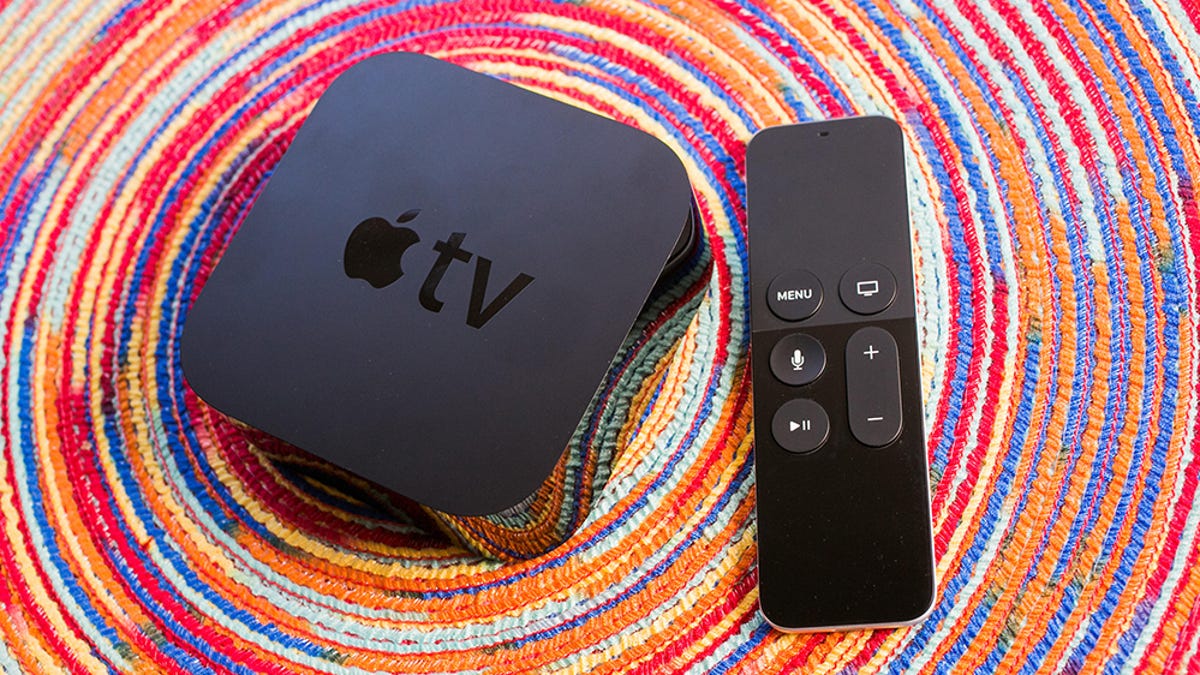Apple HomeKit lags behind in the smart home, but maybe not for long
Analysis: While Amazon and Google advocate for voice control in the smart home, Apple's HomeKit is still waiting in the wings. For now.

Apple's HomeKit promised to usher in a simpler era for smart home control, harnessing the power of Siri on your iPhone, iPad, or iPod Touch to control connected devices in your house. Using voice commands to dim the lights or adjust the A/C seemed revolutionary when Apple first announced the plan at its annual Worldwide Developers Conference (WWDC) in June 2014.
But nearly two years have passed since HomeKit's launch, and Apple's once promising platform has progressed more slowly than its competition. Of the major retail smart-home networks, Apple's has the fewest number of partners. Apple also faces pressure to match the Amazon Echo platform -- now three products strong -- and soon-to-be-released Google Home virtual-assistant speakers that can let you control your smart home devices with voice commands.
But there might be hope for HomeKit yet. A report last month from The Information claims that Apple is planning to make access to Siri available to programmers via a software developer kit (SDK), and that it's working on its own hardware competitor to Amazon Echo and Google Home, maybe even with a built-in face-recognizing camera.
Given how hush-hush Apple has been regarding HomeKit, I've had low expectations, but its 2016 developer conference (WWDC) is coming up on June 13. That event will give Apple the chance to reinvigorate its smart home ambitions. Even if the rumors are true, HomeKit still has catching up to do in terms of bringing device partners onto its smart home network.
By the numbers
Long-term success in the smart home will largely depend on integration with devices and services from other companies.
Imagine Google/Alphabet's Nest or Amazon's Alexa without their impressive -- and steadily growing -- number of partnerships with other smart home devices and consumers likely wouldn't be paying as much attention.
It's easy to spot an issue with Apple's platform if you look at the numbers. This list of compatible products on Apple's site only points to official partnerships with 16 different companies. That's 16 over the two years since it was first launched. (Actually 17, if you count HomeKit smart lock-maker August, but Apple hasn't updated its site to include it yet.)
Compare that to Nest -- which has 70 partners -- or Alexa, which has nearly 40 that are directly related to the smart home. In roughly the same amount of time, Nest and other competitors have established themselves as brands with a significantly larger number of options for smart-home shoppers.
HomeKit's slow progress
Part of the slowness in Apple's approach is that manufacturers have to go through an involved certification process to sell a HomeKit-enabled product. Some of Apple's early partners -- Lutron, August, Ecobee -- have had to make special, HomeKit-certified versions of their products with a new, Apple-approved chip (read more about this here).
A cautious approach to certifying smart-home devices isn't necessarily a bad thing if it improves security, reliability and ease of use for consumers. If those end up being the results of Apple's HomeKit strategy, it may pay off in the long run. It's still early days in the modern smart home, and there is still a lot of work to be done to capture mainstream attention.
Security and reliability are hard concepts to communicate to mainstream buyers, though. Apple can offset that difficulty with a robust list of partner devices across different price points and product types to ensure consumers can find a HomeKit product that's right for them.
Apple wouldn't confirm the reports about a potential Echo-competitor, but if it indeed will be discussing a dedicated HomeKit app, expanded Siri support and, yes, an Echo-like speaker (or some other way to make it easy to talk with Siri around your home) at WWDC, the outlook for HomeKit could emerge significantly improved. Even one of those things would help. But the benefit of an ever-expanding partner list is that it gives your users new things about your platform to feel excited about, even if they'll never buy the new widget. It also helps keep your smart home network in the headlines.
Again, it's still morning in the smart home. Apple and its competitors can afford a long game strategy. At a certain point though, HomeKit will need to offer users sufficient choice in order to stay competitive. That will mean some indication that it's bringing on new device partners, if not also helping to streamline the way in which its partners bring their products to market.

